Enum literals are static members, and with each static member, one can access them either using the class reference:
TypeName.staticMember
TypeName.staticMethod()
Or on an instance:
new TypeName().staticMember
new TypeName().staticMethod()
The second approach is discouraged (and the compiler will issue a warning)
As enum literals are just static members, Repeat.Daily.Weekly.Yearly.Weekly is like the second code snippet above, accessing static members on instance references.
With a class, that would be:
class Type {
static Type INSTANCE1, INSTANCE2, INSTANCE3;
}
And one can get a reference to INSTANCE3 using Type.INSTANCE1.INSTANCE2.INSTANCE3. It's valid, but it's bad practice.
